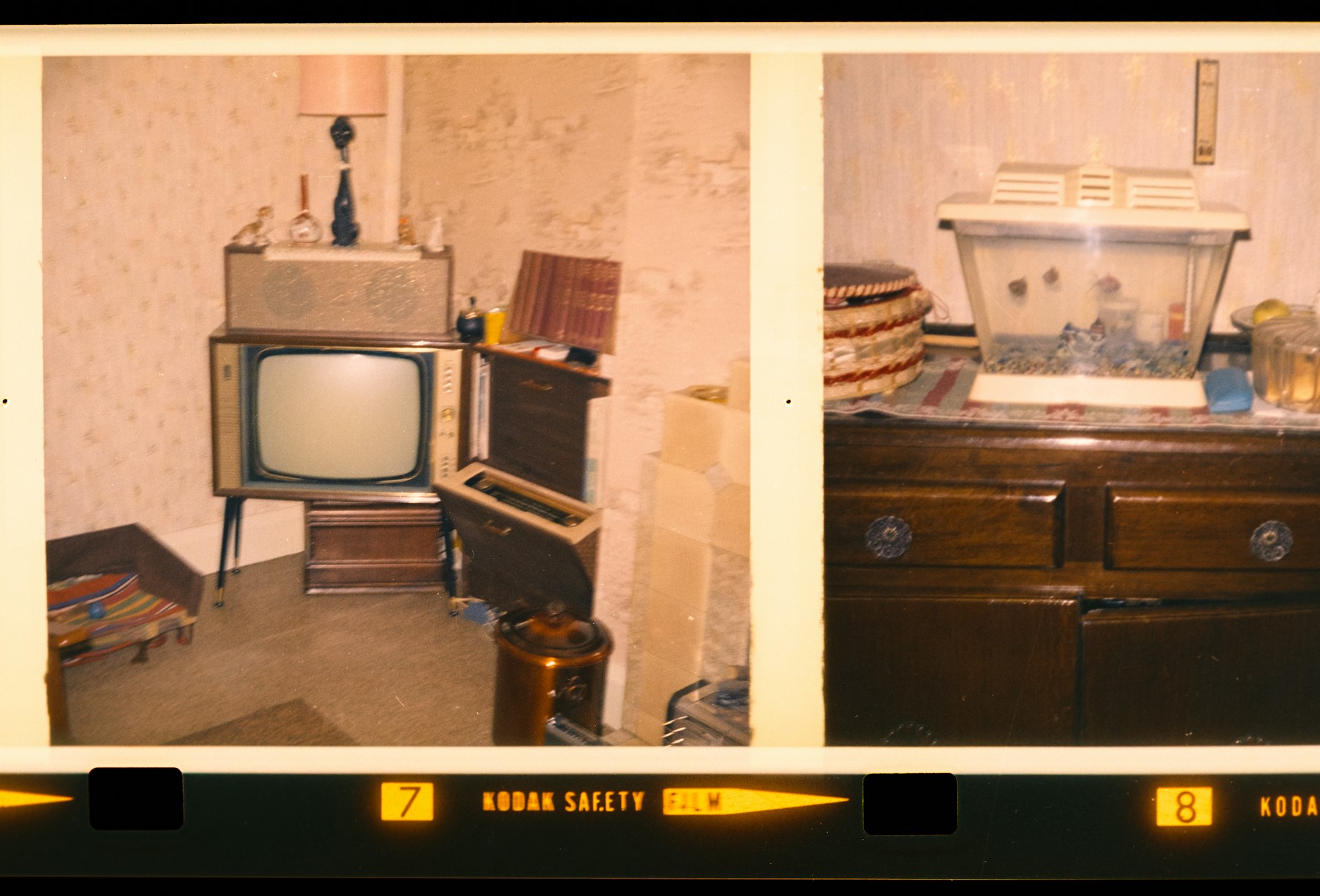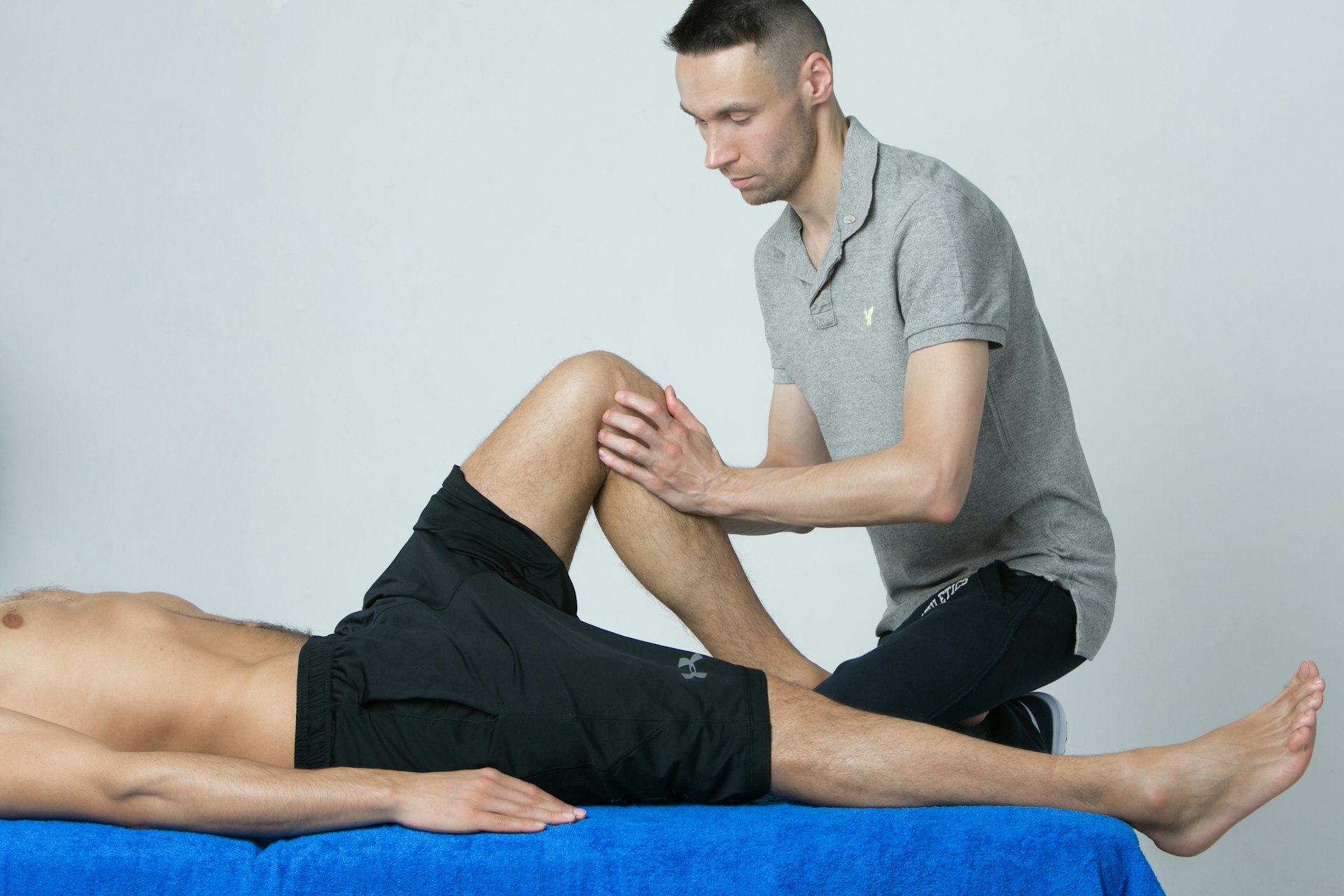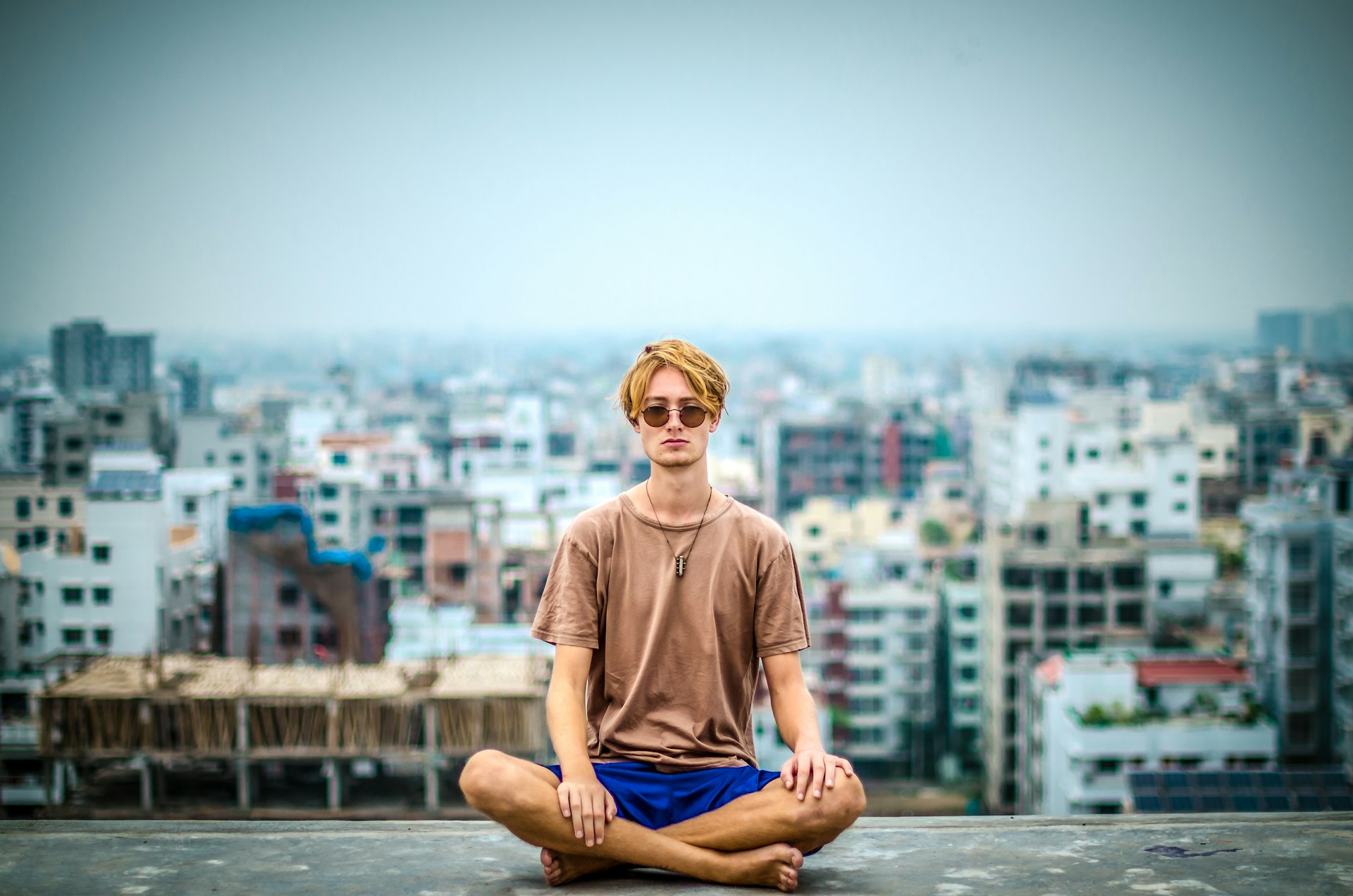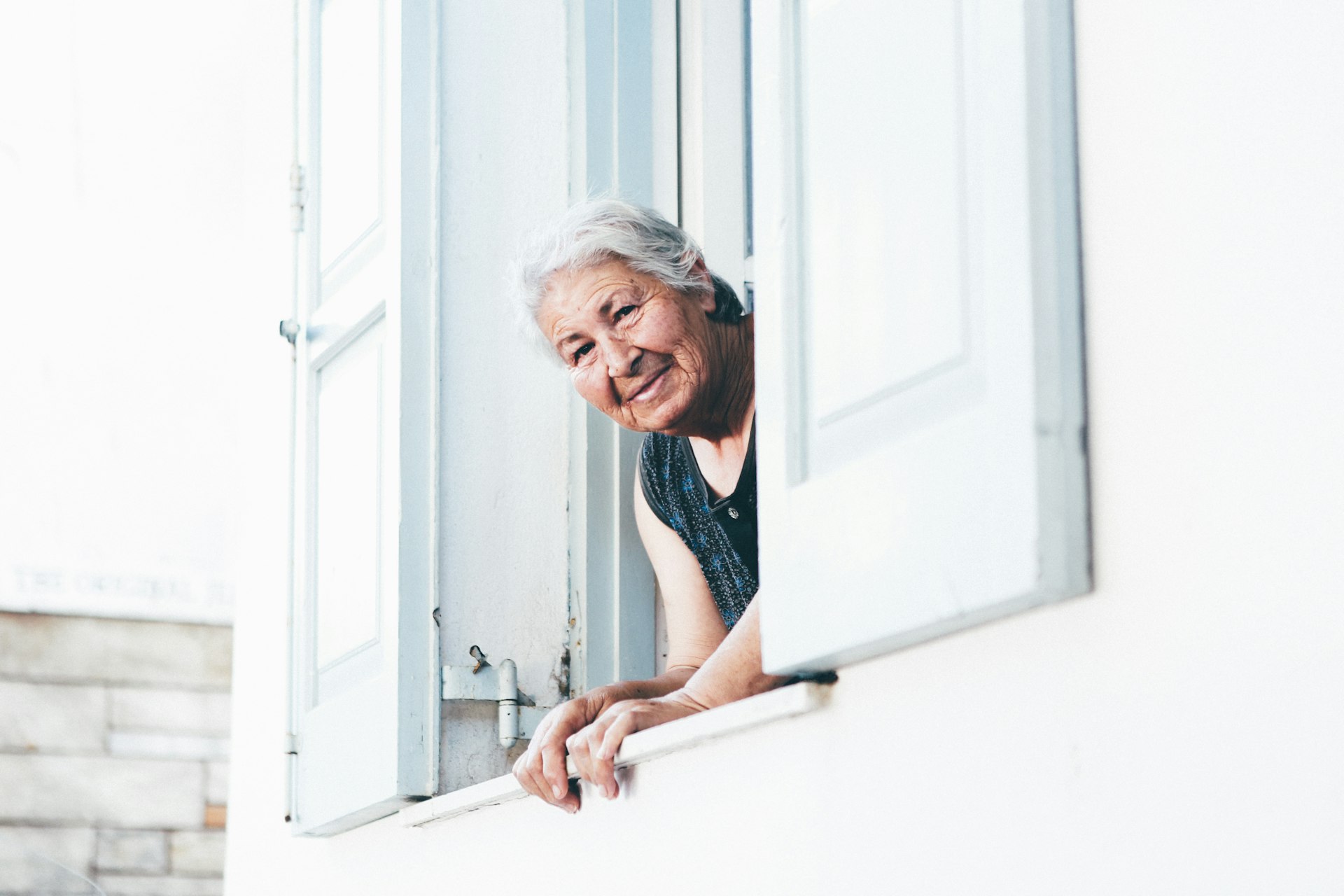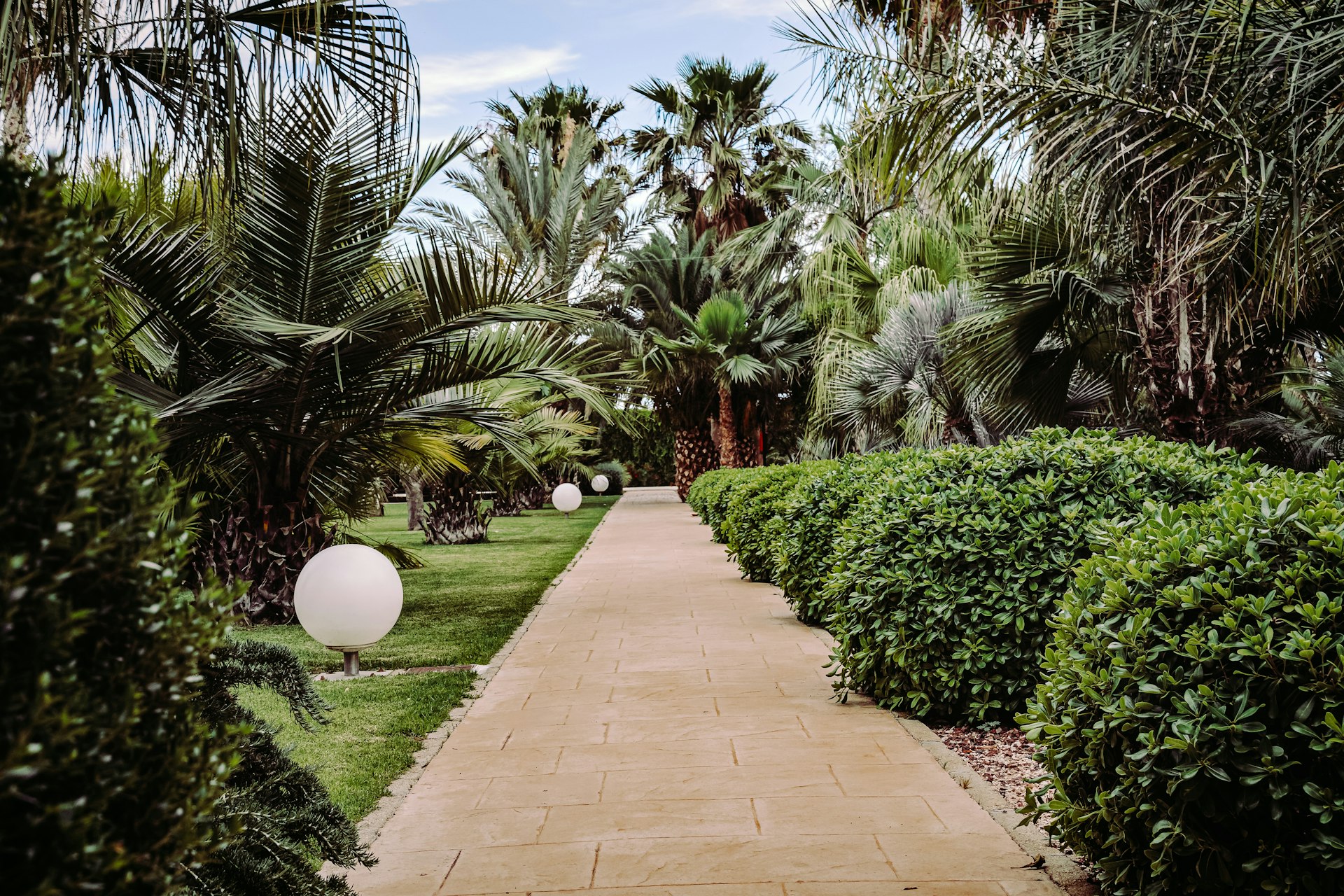Transforming Urban Parks: Embracing the Outdoor Fitness Lifestyle

Photo by Yuke on Unsplash
Introduction: Urban Parks as Fitness Hubs
Urban parks are rapidly evolving beyond traditional green spaces, becoming vibrant centers for the outdoor fitness lifestyle . Across cities, parks now host group exercise classes, provide outdoor fitness equipment, and support nature-based workouts, making health and wellness accessible for all residents. This article explores actionable strategies for embracing outdoor fitness in urban parks, the benefits, and how you can get involved.
Key Trends in Outdoor Fitness at Urban Parks
The integration of outdoor fitness amenities in urban parks is driven by several key trends:
- Group Fitness Activities: Parks increasingly offer organized sessions such as yoga, Pilates, boot camps, and Zumba in open-air settings. These activities foster a sense of community, encourage social interaction, and motivate participants to pursue their fitness goals. For example, many city parks schedule weekly group classes led by certified instructors, often at no cost or low cost to participants [1] .
- Nature-Based Fitness: Parks leverage natural surroundings for activities like trail running, hiking, and outdoor obstacle courses. This approach not only supports physical health but also enhances mental well-being by immersing participants in nature [1] .
- Outdoor Workout Stations: Many parks now feature bodyweight equipment such as pull-up bars, parallel bars, and dip stations. These stations enable effective strength workouts without the need for a gym membership, creating accessible fitness opportunities for all [1] .
Health Benefits and Community Impact
Outdoor fitness initiatives in urban parks offer significant physical, mental, and social benefits. Research suggests that walking, resistance training, and combined aerobic-resistance exercises in green spaces yield the greatest health improvements. Activities in parks promote cardiovascular health, muscle strength, and endurance, while exposure to nature reduces stress and improves mood [2] . These parks also foster community engagement by hosting events such as marathons, fitness competitions, and themed challenges. Such events bring people together, motivating them to achieve fitness milestones and build lasting social connections [1] .
Accessibility and Inclusivity
One of the most compelling aspects of outdoor fitness in urban parks is its accessibility . Unlike gyms that require memberships, park facilities are free and open to all ages and abilities. Outdoor fitness equipment is designed for inclusivity, with adjustable features that accommodate diverse fitness levels and physical capabilities. Families benefit from these spaces, as adults can exercise while children play nearby, making fitness a shared experience [5] .
Creating and Enhancing Outdoor Fitness Areas
Cities and communities have adopted various models to implement outdoor fitness:
- Centralized Outdoor Gyms: These feature multiple pieces of equipment in one location, often with safe surfacing and proximity to amenities. Centralized gyms encourage socialization and make it easier for residents far from indoor gyms to participate [3] .
- Trail Fitness Stations: Equipment placed along walking or biking trails allows for a mix of cardio and strength training. This setup appeals to those who prefer dynamic workouts and can be especially motivating for regular park visitors [3] .
- Youth Fitness Spaces: Dedicated areas for young people encourage lifelong fitness habits and social engagement, helping address childhood inactivity [3] .
Maximizing Participation: Practical Steps and Challenges
Despite the clear benefits, studies show that only a small percentage of park visitors regularly use fitness equipment. To increase participation, communities and park managers can:
- Improve advertising about available fitness amenities through social media, local newsletters, and onsite signage.
- Enhance safety and convenience with better lighting, clear instructions for equipment use, and comfortable ground materials.
- Schedule group classes or provide onsite trainers for free to encourage use and proper technique.
- Regularly maintain equipment to ensure safety and usability.
Residents have suggested these improvements to boost engagement and make outdoor fitness a core aspect of urban life [4] .
How to Access Urban Outdoor Fitness Opportunities
If you want to start or expand your outdoor fitness lifestyle in urban parks, consider these steps:
- Find Local Parks with Fitness Amenities: Use your city’s official parks and recreation website to locate parks with outdoor gyms, fitness trails, and group activity schedules. Most municipal websites offer searchable maps and event calendars.
- Join Community Events: Look for advertised group fitness classes, marathons, or wellness workshops. These are typically listed on parks department pages or posted around park entrances.
- Engage with Park Staff: Ask about upcoming events, equipment features, or volunteer opportunities to support wellness initiatives.
- Bring Friends or Family: Exercising with others increases motivation and makes the experience more enjoyable and sustainable.
- Request Improvements: If your park lacks certain amenities, contact your local parks and recreation office to suggest additions or upgrades, such as more equipment, better lighting, or instructional signage.
Alternative Approaches and Solutions
If your local parks do not yet offer comprehensive outdoor fitness spaces, you can still embrace the lifestyle by:
- Using walking paths for daily exercise, as walking remains the most accessible and beneficial activity reported in urban park studies [2] .
- Organizing informal group workouts with neighbors or community members using available open spaces.
- Advocating for new fitness installations through local government channels, neighborhood associations, or community grants.
Key Takeaways and Next Steps
Urban parks are powerful engines for physical, mental, and social wellness. By participating in outdoor fitness activities, utilizing accessible equipment, and engaging with community programs, residents can unlock lasting health benefits. To get started, search your city’s parks and recreation listings for fitness amenities, join group classes, or simply begin a daily walking routine. If you wish to see more offerings, contact your local parks department and advocate for expanded outdoor fitness resources. With collective effort, urban parks can fully realize their potential as healthy, inclusive spaces for all.
References
- [1] AssetWorks (2023). Outdoor Fitness Trends: How Parks Are Keeping Up With Health and Wellness.
- [2] Grigoletto, A. et al. (2021). Impact of Different Types of Physical Activity in Green Urban Spaces.
- [3] Miracle Recreation (2024). Creating an Outdoor Fitness Area: Tips & Ideas.
- [4] Copeland, J.L. et al. (2016). Outdoor Fitness Equipment in Urban Parks: Public Use, Perceived Benefit and Suggested Enhancements.
- [5] GameTime (2023). Four Benefits of Community Outdoor Fitness Spaces.
MORE FROM hotondeals.com

